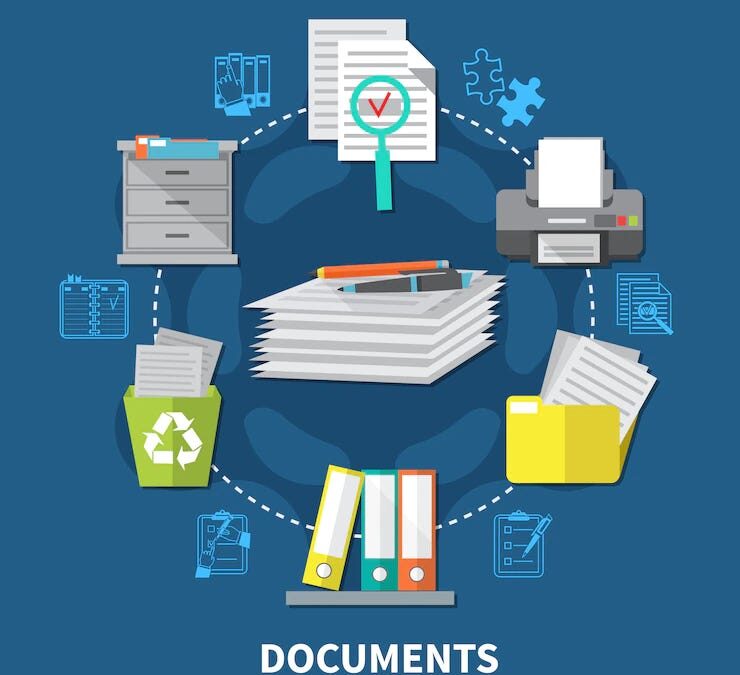
We have been down this road before, with the proliferation of clothing plants and electronic assembly factories sprouting up in countries where labor is cheap. We are now beginning to see this take root in the area of Artificial Intelligence (AI). And very few consumers are aware that it is happening.
Contrary to popular opinion, AI is not only a bunch of software databases training other databases. It is not only machine learning. Turns out, real people are often doing the training, and they are not in high -paying jobs. The dazzle of AI sometimes obscures this grim reality. In the relentless drive for profit, tech companies are exploiting underprivileged workers in AI sweatshops overseas. These individuals, toiling for meager wages, fuel the AI industry with their sweat and tears. this is the hidden cost to the AI products we consume today.
To deliver this technology, tech giants take their business overseas. where an underprivileged workforce is more easily exploited. These workers are often well-educated software engineers hoping to find a foothold in the well-paying tech industry. To break in, they are working for meagre wages to improve products we consume, without our awareness of their plight.
The Dark Side of AI Sweatshops
The emergence of AI “sweatshops” is a concerning trend that needs further scrutiny. These facilities often task workers with providing human feedback for language model development and handling customer service inquiries. With basic English proficiency and typing skills, anyone can secure employment at these operations, where they contribute essential human input to the AI systems underlying our digital landscape.
Ensuring Transparency and Accountability in AI
Just as consumer products display their country of origin, AI models should transparently acknowledge the human workforce behind their development. It’s time to look beyond the AI industry’s slick veneer and closely examine the ethical ramifications of our technological progress. By shining a light on the existence of AI “sweatshops,” we can champion fair compensation, humane labor practices, and recognition for the toil and sacrifices of the individuals fueling the AI revolution.
The AI industry, for all its potential, should not be built on the exploitation of vulnerable workers. It’s our collective responsibility to demand accountability from tech giants and entrepreneurs. We must push for fair labor practices, humane treatment, and transparency, ensuring that the AI we use and benefit from does not come at the cost of others’ suffering.
As we pursue technological advancements, we must not overlook the human element that enables progress. The concerning issues within the AI industry serve as a stark reminder to balance innovation with ethical responsibility.
Acknowledgement: I borrowed research from the medium.com/@azai.online website
Our team at Crosspointe Consulting Group helps firms identify their needs and provide solutions and not just software. Call us at 877-375-2810 or write to us at [email protected].

Gerri Martin, a member of Crosspointe Consulting Group, LLC holds her undergraduate degree in Accountancy and is a CPA. This gives Gerri the business background needed to understand the financial and management implications of implementing software and business processes. She started working with Attorneys in 1986 and focuses on supporting Attorneys, Law Firms, and Law Departments. In 1990, Gerri obtained a master’s degree in Project Management while graduating with honors. In 1992, she received her PMP certification in Project Management from the Project Management Institute. She is the past Vice President of Professional Development for PMIs Chicagoland Chapter. This project management background lends itself to helping lawyers and their firms streamline their workflow and eliminate needless duplication of effort.



